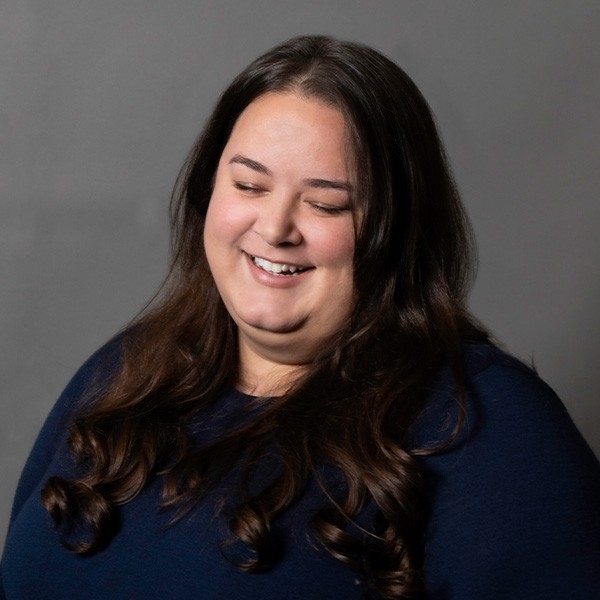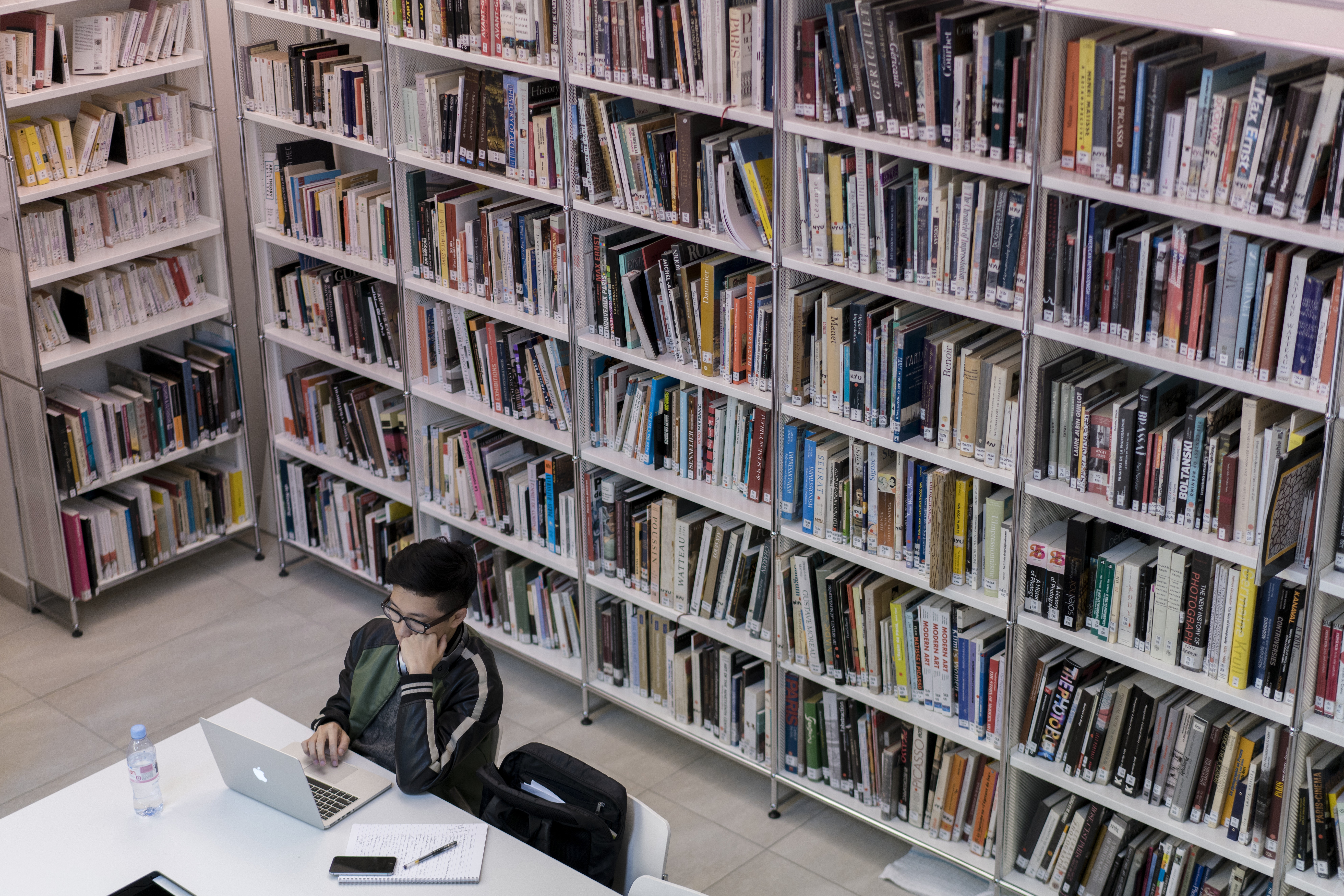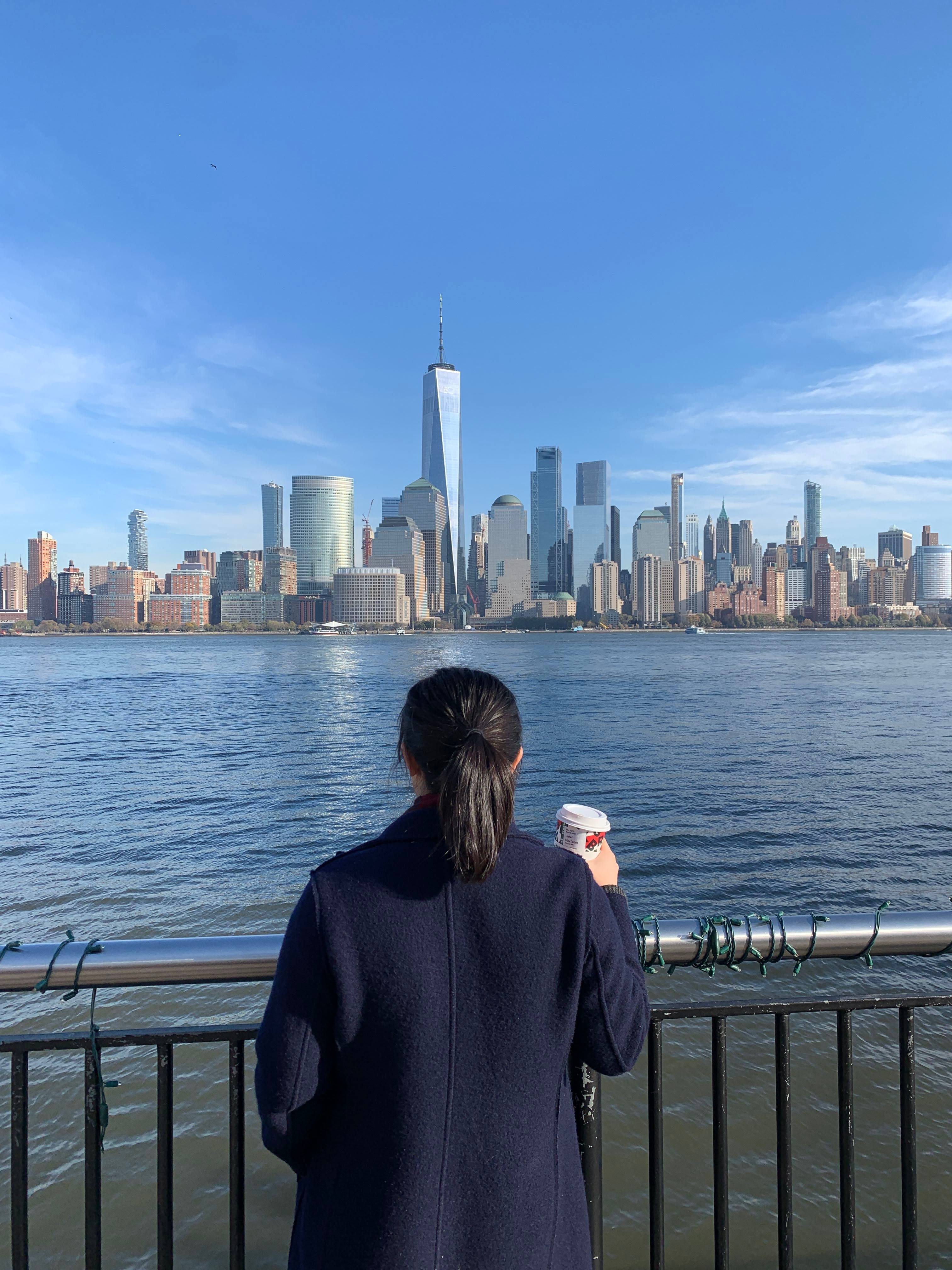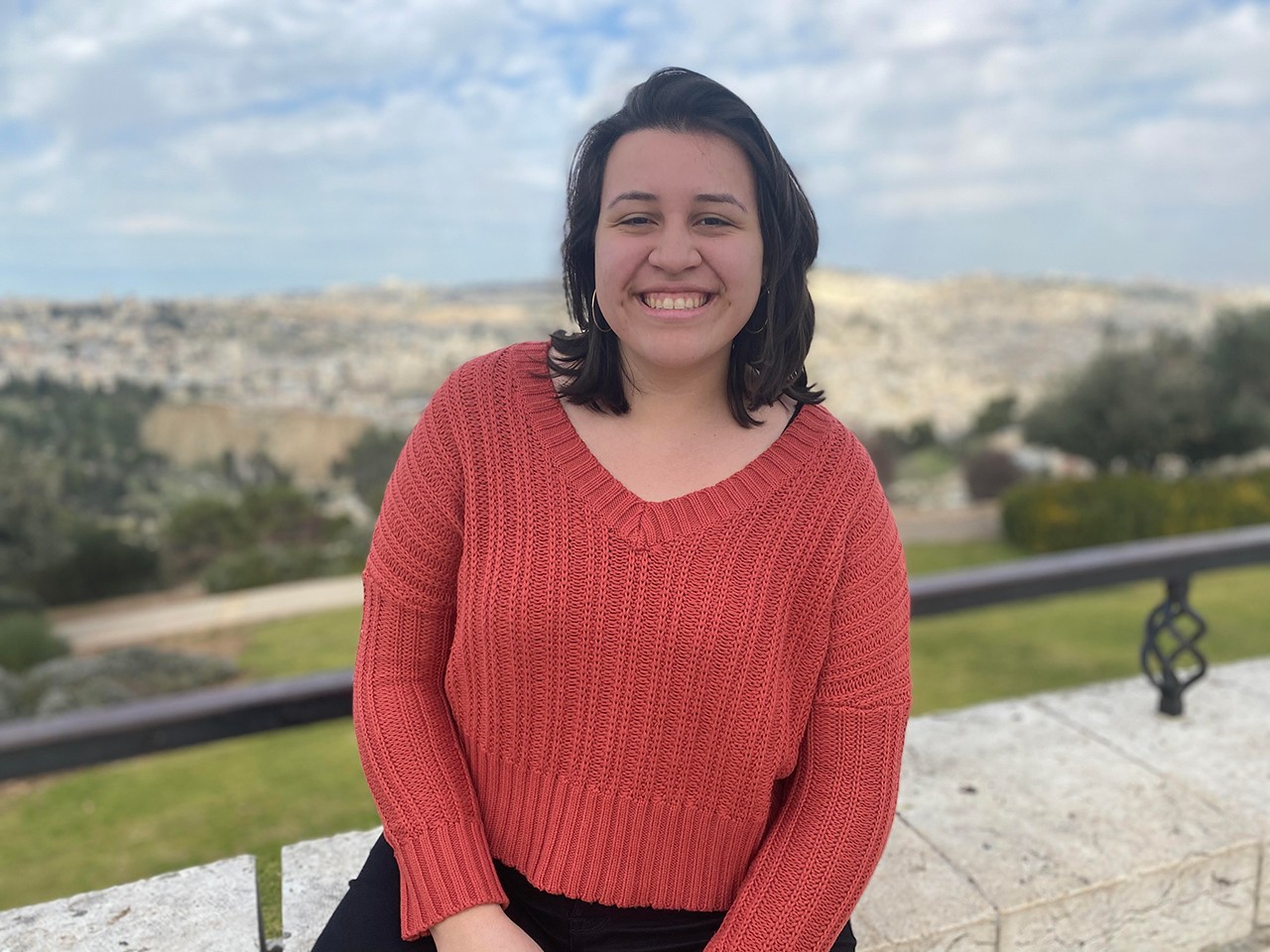Published March 24, 2022
Liberal Studies Gave Diya the Right Tools in the Right Setting
Growing up in Bengaluru, India, Diya Radhakrishna was surrounded by people from many different cultural, linguistic, economic, and religious walks of life. Such a wide-ranging community made her “interested in understanding diversity and cultural interconnectedness. Especially how these things factor into global phenomena ranging from climate change to art production,” she says. When she was admitted to NYU’s Global Liberal Studies major, she sensed she would be able to explore new academic and physical geographies without leaving her homeland behind.
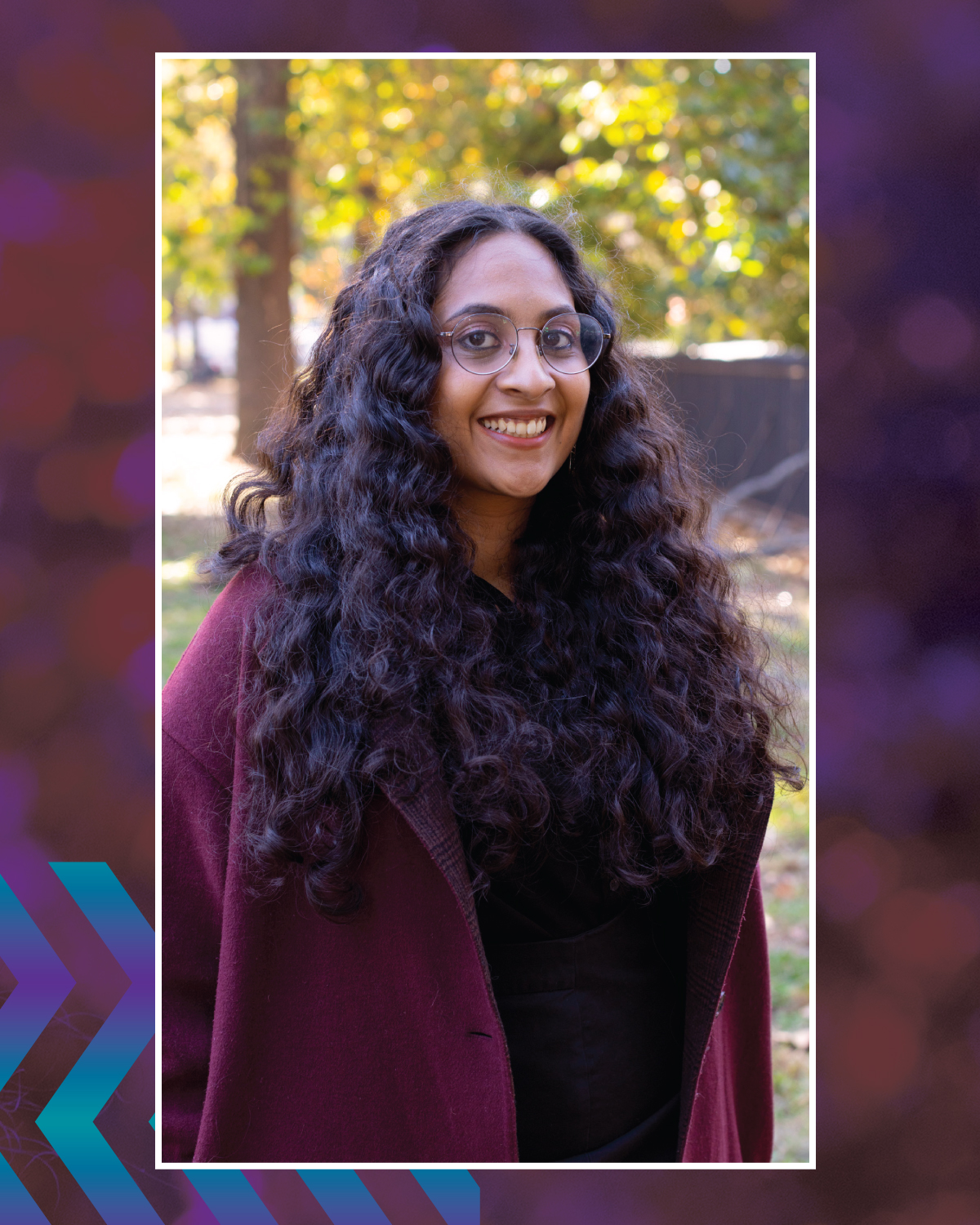
Learning Across Cultures and Contexts
From day one, the school has proven her correct. “I remember walking into my first-ever Liberal Studies Arts and Cultures Sequence class and being awestruck by how my professor connected the ancient Indian text Rig Veda, which I grew up with, to the ancient Greek god Prometheus,” Diya says. “Every class I’ve taken since gave me the opportunity to travel across cultures and contexts to understand relationships between communities through space and time. I really enjoy using my intellect in this way. Furthermore, the small class sizes helped me get to know my professors and peers better.”
Diya’s concentration in politics, rights, and development has deepened her understanding of global interconnections as she’s focused on how politics, history, and art from around the world converse with one another. Taking advantage of NYU’s global network, she has researched how diaspora affects policy across nation-state borders in Abu Dhabi, Berlin, and New York City.
Accessing the Opportunities of the NYU Global Network
As a sophomore, Diya was part of the Liberal Studies honors society, the Dean’s Circle, which includes participation in a yearlong seminar. “As a part of it, we went on a trip to NYU Abu Dhabi and explored the UAE in the context of the seminar’s topic, which was ‘walls,’” says Diya. “I remember being in a guest lecture on South Asian borders and the Kashmir conflict. It challenged nation-state narratives I had heard up until that point. The experience was transformative because it truly broadened my horizons. It caused me to do the hard work of thinking critically about geopolitical borders—a concept I had never truly interrogated before.”
Likewise, studying away at NYU Berlin introduced Diya to the German language. There, she “became endlessly fascinated” by German, despite having no previous experience with it. She jokes that she “accidentally” ended up with a German minor because of it. And she put that knowledge to good use in her senior thesis, a 100-page work that connects the Punjabi diaspora in Canada to the Vietnamese one in Germany through their civil society organizations. After graduation, Diya plans to attend graduate school to continue her research on diasporic civil society organizations and how they can affect policy and politics across nation-state borders.
